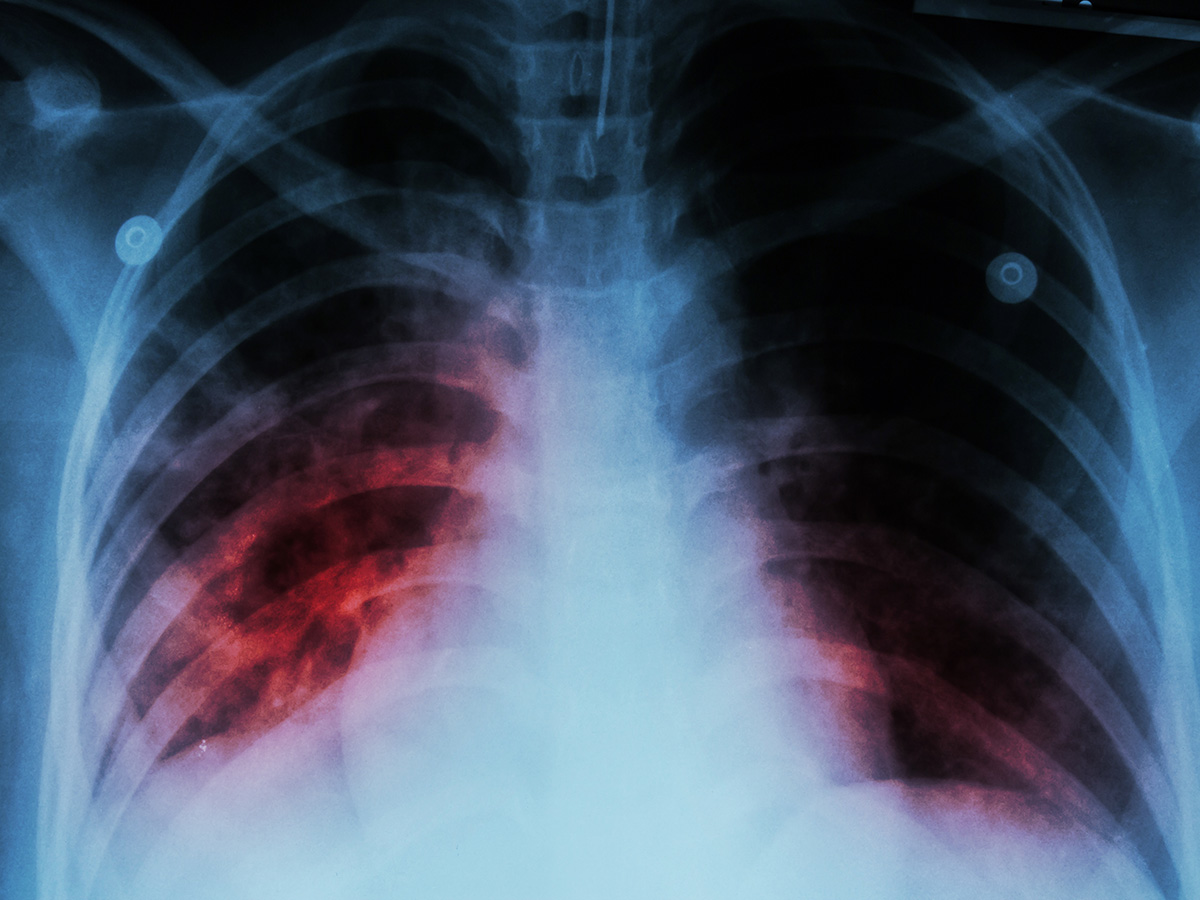Marnix E. Heersink School of Medicine
Forging the future of medicine
At UAB, we’re training the next generation of physicians and physician-scientists, answering basic scientific questions that lead to medical innovations, and bringing the highest quality health care to all of our patients. UAB is the heartbeat of Birmingham and an integral medical leader in the Southeast.
1,800+
Faculty
40+
Centers & Institutes
27
Departments
Serving our state and region
At UAB, collaboration is a way of life, and we’re bringing together the brightest minds to improve health outcomes for all.



